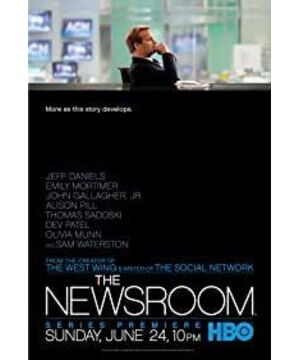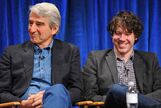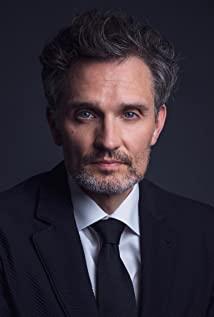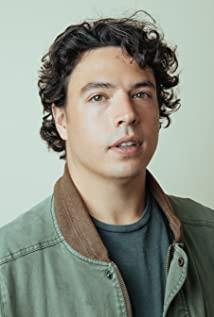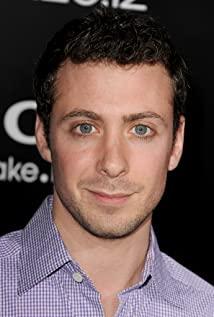This episode instead focuses on the contradictions of the ideal of journalism itself; of course, this is not new, and I am afraid that only those who work in journalism will be interested or faced with such issues. However, the answers are intricate and difficult to distinguish, and there is quite a lot of room for elaboration.
Veteran news anchor Will chased after him in the interview, using the interviewer's black and gay identity as the main point, and asked him why he supported a person who discriminated against homosexuality to be the president. Roar: "I am not a thing! How dare you define me by this?" (I am a living person, how can you judge so simply?) He means that although he is black and gay, it does not mean Those two issues are his primary concern; instead, he supports that presidential candidate because they share the same views on abortion.
How should those who have the right to speak carefully treat their rights? Do you have moral priorities because you think you are on the side of justice, truth, or the bottom? Is it possible to quickly and accurately make a judgment on an interviewer or a news event because you have experienced too many people and events? And this judgment is likely to cause harm in such an inadvertent manner?
Will lost sleep all night, and around the same time his colleague Sloan was hurt by the same journalistic pursuit. Will taught her to chase after her during interviews until she found out the truth, rather than knowing that the other party was telling lies or nonsense, but letting it play out without interference, "If this is the case, although you are not selling drugs, you are Let the drug dealer ride around the country in your car and help him sell."
In the following coverage of the Fukushima nuclear crisis in Japan, Sloan followed suit. Her old friend, a spokesman for Tokyo Electric Power Company, said that the nuclear leakage accident was a dangerous level five, but in a pre-interview before the live broadcast, out of personal friendship, the other party revealed that this may actually be the most serious level seven accident. Sloan relented in the live broadcast, asking him to admit that the accident was a level seven, and even kept interrupting the other party's speech, citing private conversations in the pre-interview to question. Sloan was suspended without pay due to non-compliance with operating norms, and the spokesman had to resign because of concealing the situation to the media.
Here, it is no longer the purest ideal of journalism that triumphs over everything, but a series of questions that are difficult to grasp to what extent: Should the ideal of journalism be adhered to all the time without compromise? How to persevere? What kind of compromises can be made under what circumstances? How to face the inevitable shortcomings in reality? How to overcome the sense of accomplishment that you want your work to be perfect, and not use the halo of "journalism ideal" as a cover for yourself? How to protect the rights and emotions of interviewees, and how to balance them when they conflict with journalistic ideals? How do you choose to get the horrific truth when you promise not to report it? Between the moral requirements of being an ordinary person - honesty and trustworthiness - and the professional ethics of being a journalist, can one occupy a higher level?
In this case, the nuclear leakage level of the Fukushima incident is related to the safety of tens of millions of people. The answer seems obvious, but what about a smaller news event? For example, can the trust and information delivered when the other party does not know your identity as a reporter be turned around and "sold" by you in the name of public interest?
These questions are entangled and difficult to answer at the moment. Like the famous opening of Harvard professor Sandel's "Justice Class": Would you choose to kill one person to save five people?
Perhaps most serious news reports - otherwise we don't have to discuss them - are related to the public interest, so the pursuit and presentation of the truth will always be the first; (the question is what are the critical moments, and what about the less critical moments?); maybe all these doubts just prove that I have no ability to be a good journalist; or maybe, the domestic news The environment is far from fraught with this issue—not to mention anonymous news feeds, it’s great to have news feeds that don’t accept red envelopes and don’t rely on PR. Regarding the last point, you can know a little bit about the media ecology depicted in Chen Kaige's new work "Search".
View more about The Newsroom reviews


